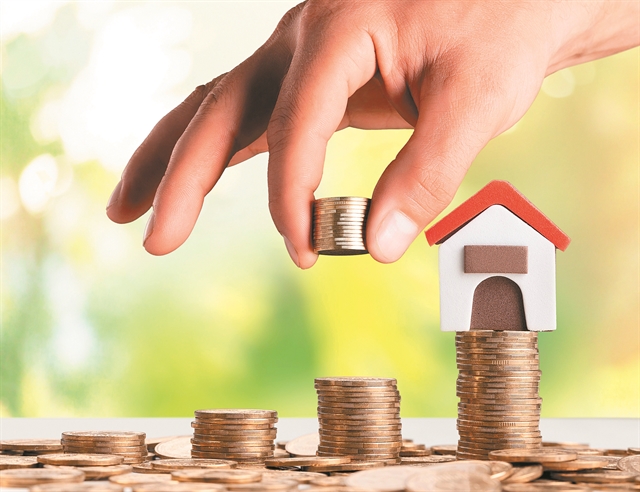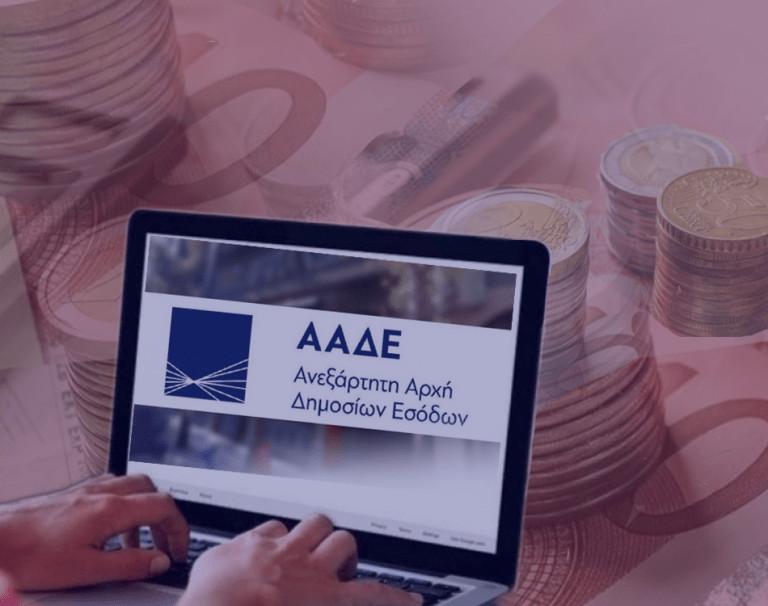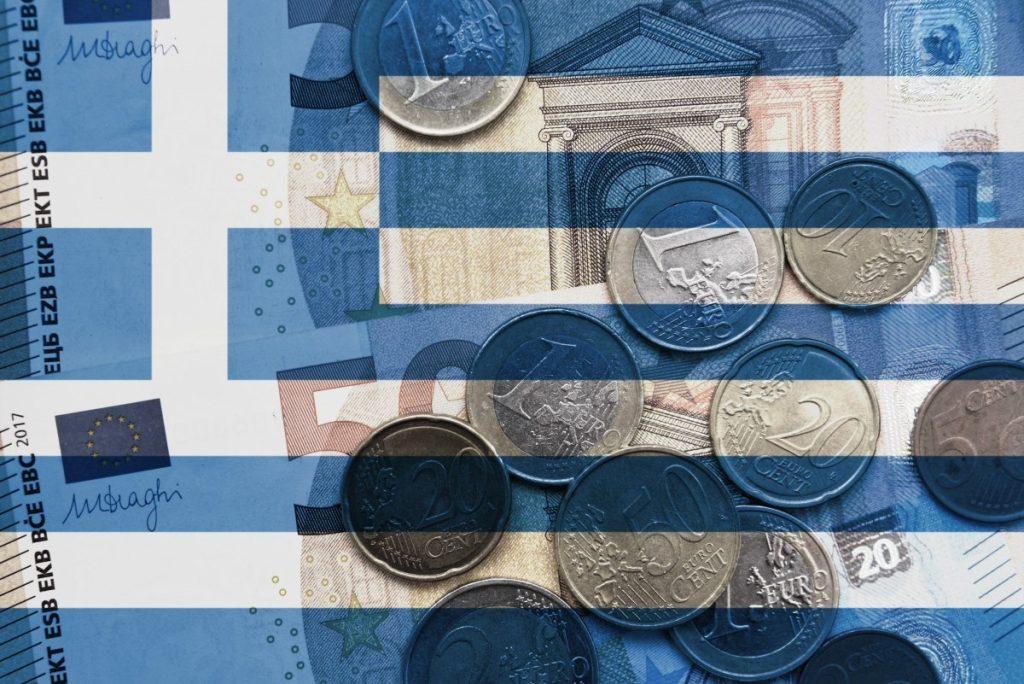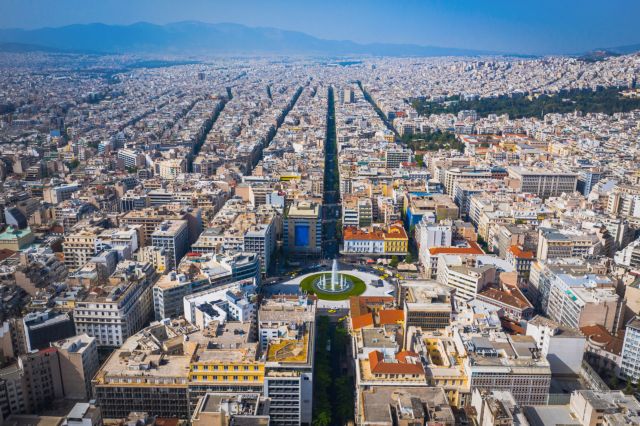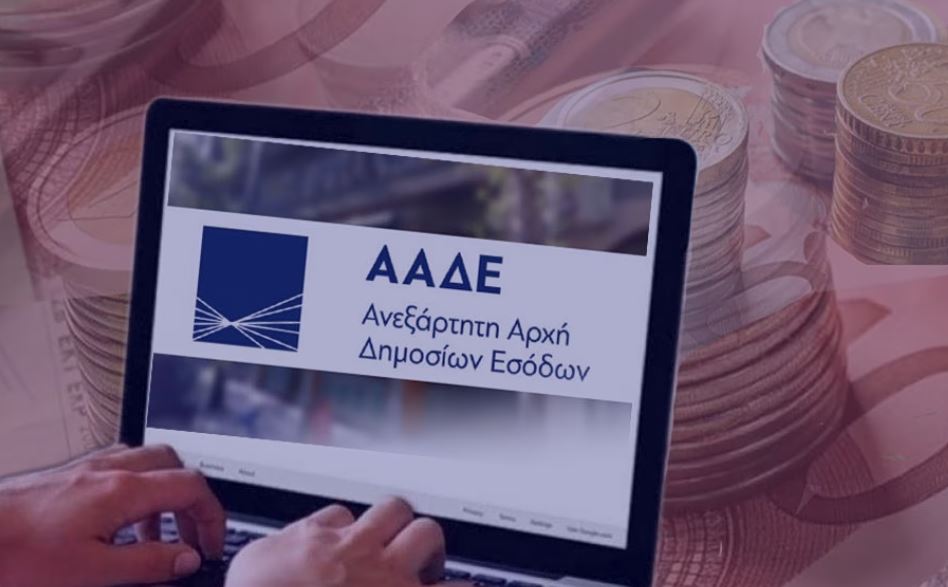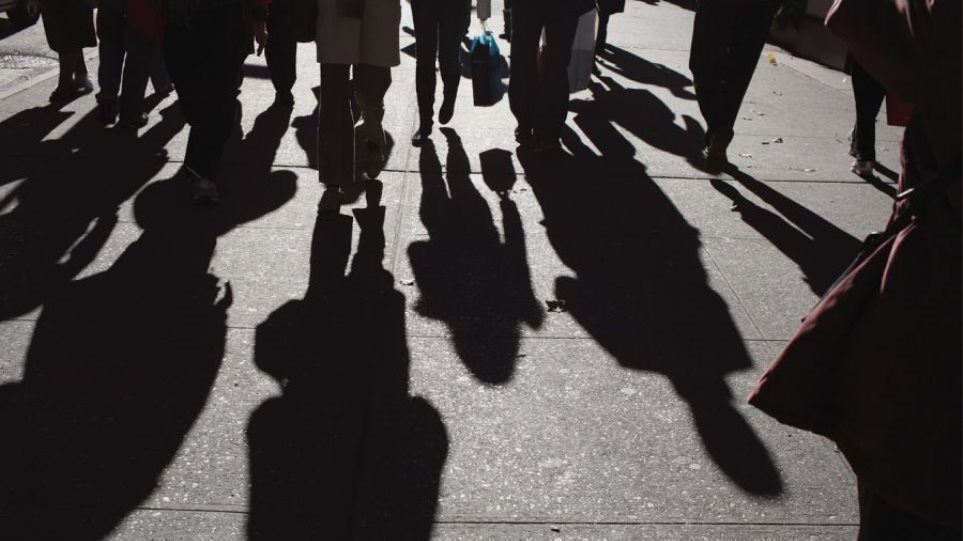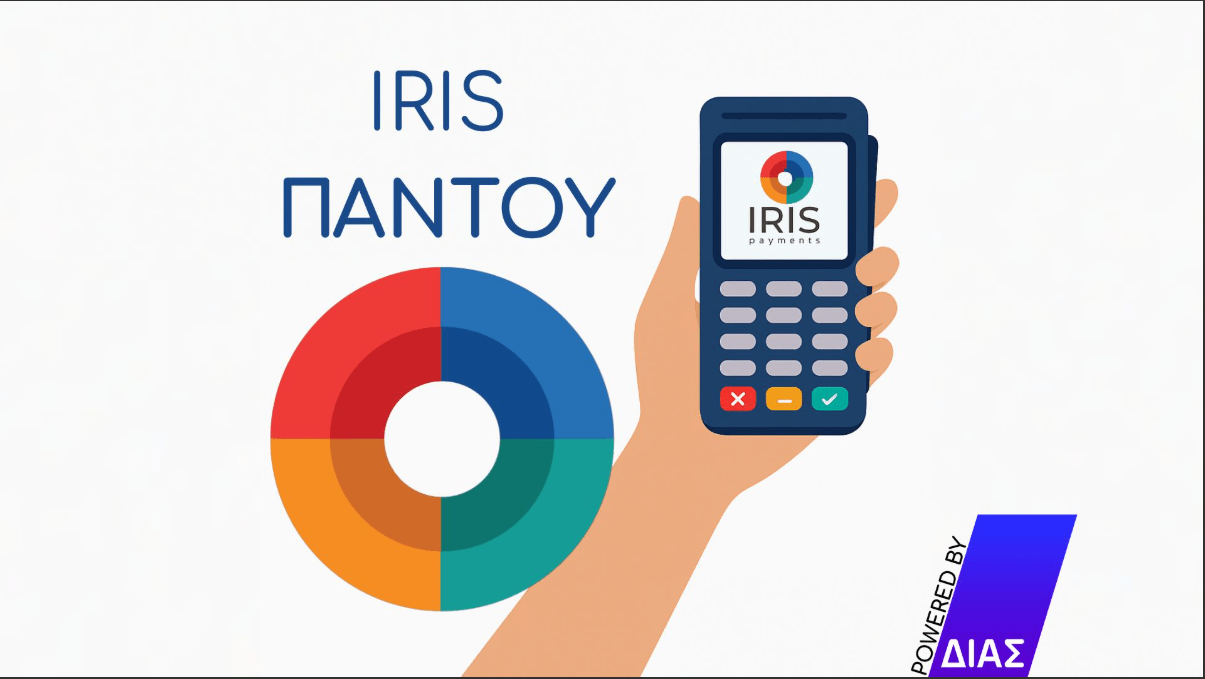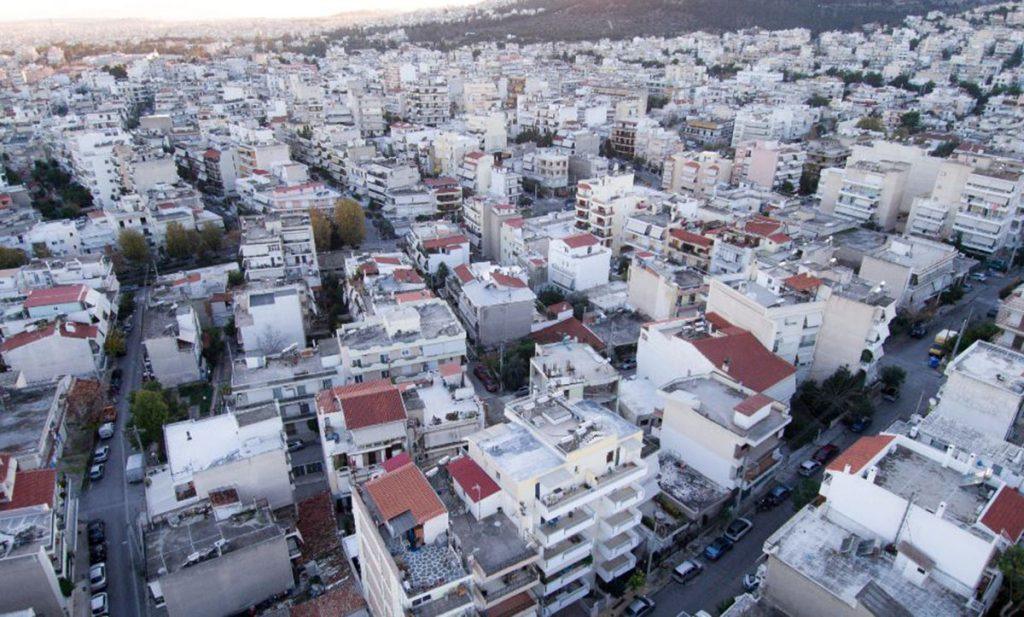According to the Hellenic Statistical Authority about three out of ten households in the country (28%) were obliged to repay a loan last year, while 72% are not obliged to repay any loan, excluding any mortgage loan for the purchase of the main house, according to ELSTAT data for 2020 (income 2019).
Of the indebted households, 19.6% have the obligation of one loan, 6.5% two loans, 1.7% three loans and 0.2% four loans.
Beyond that, 15.9% of poor households declare the obligation to repay at least one loan, while the corresponding percentage of non-poor households is estimated at 30.6%. The main reason for taking a loan is the purchase of assets (including home furniture and appliances and interior decoration), inside or outside the country of residence (56.3%), followed by the coverage of daily living expenses (46.5%) , education (7.9%), transportation (7.8%), vacations (7.2%), medical care (3.6%), personal loan for own business financing (1, 5%) and loan refinancing (1.4%).
The main source of financing of the above household loans is the bank or other financial institution (99.2%), followed by the private source (relatives, friends, etc.) at a rate of 1.7% and another source of 0.2%.
The average amount due, including interest and principal, of household loans for all its members, paid last month (excluding any mortgage for the purchase of the main residence) is estimated at 236.70 euros, while the corresponding amount of of poor households is estimated at 174 euros and of non-poor households at 246.35 euros.
Savings
At the end of a typical (normal) month, households save 37.4%, while 27.3% are in need of spending from their savings (whether it is bank deposits or money kept at home), 16.3% are in need of borrowing from third parties and 18.9% neither save nor are in need of dipping into savings or borrowing. The corresponding percentages of poor households are estimated at 9.4%, 30.1%, 37.4% and 23.1%.
When asked how long it would be possible for a household to maintain its current standard of living by using its savings alone (in bank accounts or at home), 33.4% of households said in less than 3 months , 17.3% from 3 to 6 months, 8.2% from 7 to 12 months and 5.9% for more than 12 months, while 35.2% had no savings. The corresponding percentages of poor households are estimated at 28.4%, 6.4%, 2.9%, 1.9% and 60.4%.
The current value (sale price) of the main household domicile, ie the amount that the household considers it would receive if it sold its main residence, is estimated at 103,619 euros, while the corresponding amount for poor households at 89,391 euros and non- poor households at 106,452 euros.
The average amount remaining to repay the mortgage loan of the main residence is estimated at 39,516 euros, while the corresponding amount for poor households at 29,436 euros and non-poor households at 41,297 euros.
Finally, 40.7% of households stated that they own some real estate outside the main residence, while the respective percentages of poor and non-poor households are estimated at 28.6% and 43.1%.
